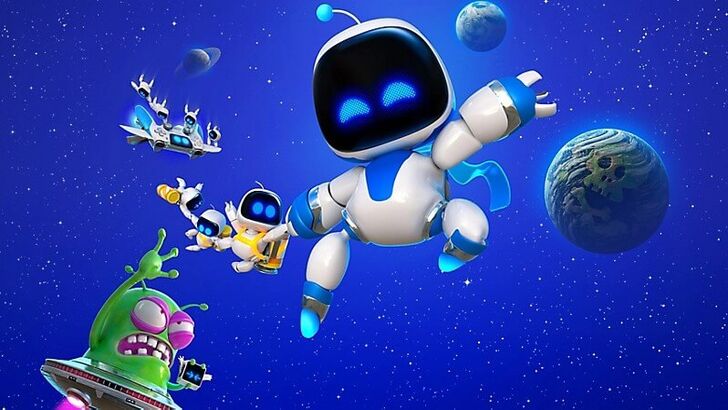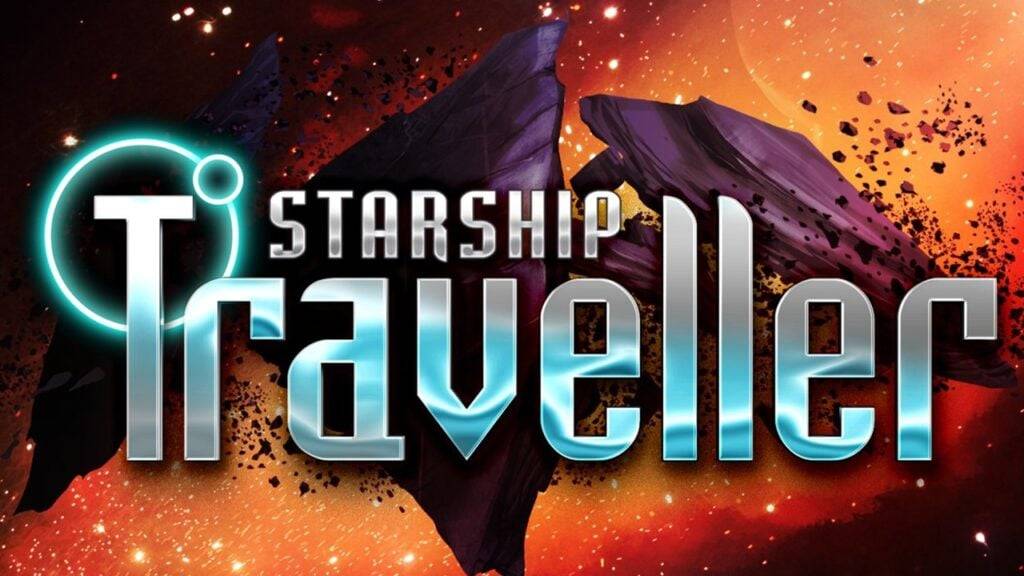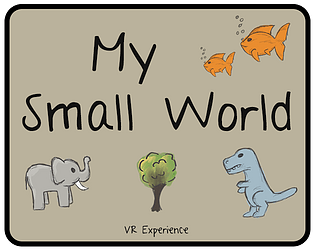
PlayStation Co-CEO Hermen Hulst champions AI's transformative potential in gaming while emphasizing the irreplaceable value of the human element. His recent interview with the BBC reveals a strategic vision balancing technological innovation with the artistic integrity crucial to PlayStation's success.
AI: A Powerful Tool, Not a Replacement
Hulst acknowledges AI's capacity to revolutionize game development, streamlining processes and accelerating prototyping, asset creation, and world-building. However, he firmly asserts that AI will never fully replace the human touch, the creative vision, and emotional resonance that define exceptional games. This sentiment resonates amidst concerns from game developers, particularly voice actors, who are facing potential job displacement due to AI-driven voice generation. The ongoing strike among American voice actors, highlighted by the Genshin Impact community, underscores these anxieties. Market research from CIST confirms the widespread adoption of AI in game development, with 62% of surveyed studios utilizing it to enhance efficiency.
Hulst envisions a future with a dual demand: AI-powered innovative experiences alongside meticulously handcrafted, emotionally resonant content. This strategic balance aims to leverage AI's strengths without sacrificing the artistic integrity that defines PlayStation's legacy.
PlayStation's AI Integration and Future Ambitions
PlayStation's commitment to AI is evident in its dedicated Sony AI department, established in 2022, focusing on research and development. Beyond gaming, Hulst expresses ambitions to expand PlayStation's intellectual property (IP) into broader entertainment avenues, including film and television. The upcoming Amazon Prime adaptation of God of War exemplifies this strategy. Rumors of a potential acquisition of Kadokawa Corporation, a Japanese multimedia giant, further hint at ambitious plans for diversification and expansion across multimedia platforms.
Lessons from the PlayStation 3: A Return to Fundamentals
Former PlayStation chief Shawn Layden offers a retrospective on the PlayStation 3's development, describing it as an "Icarus moment"—a period of overly ambitious goals that ultimately led to valuable lessons. The PS3's attempt to be more than a game console proved too costly and complex. Layden emphasizes the importance of returning to core principles: focusing on creating the best gaming experience possible, rather than diluting efforts across multiple multimedia features. This shift in focus proved instrumental in the success of the PlayStation 4.















